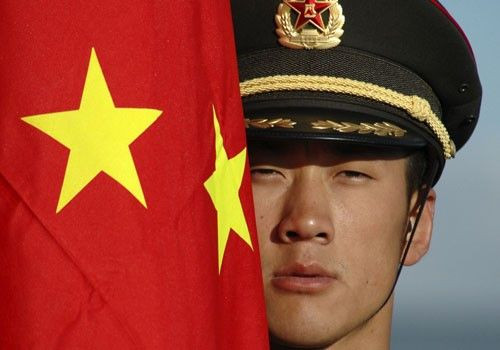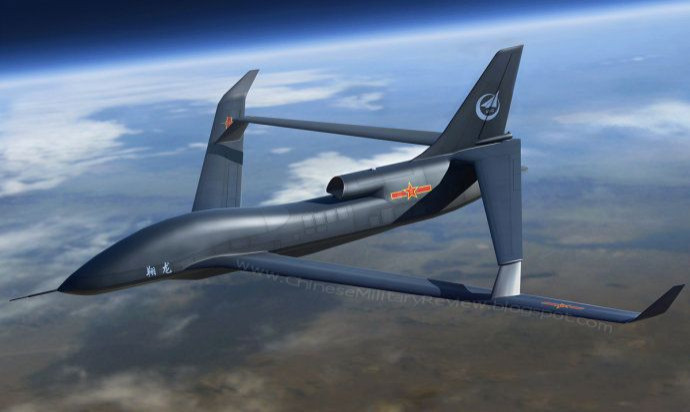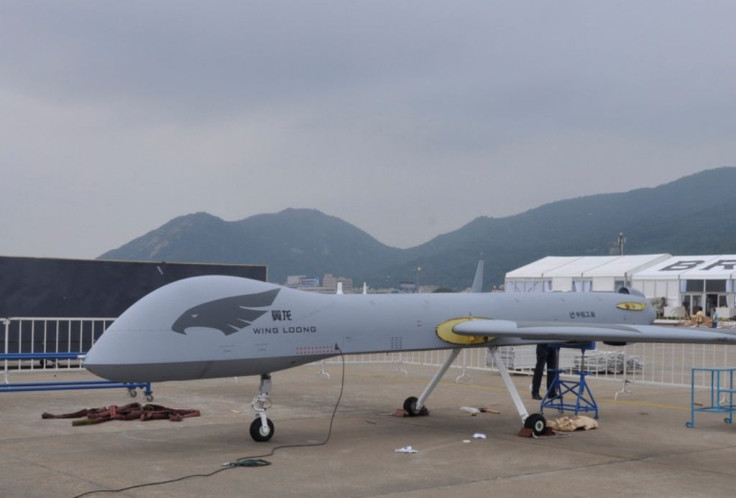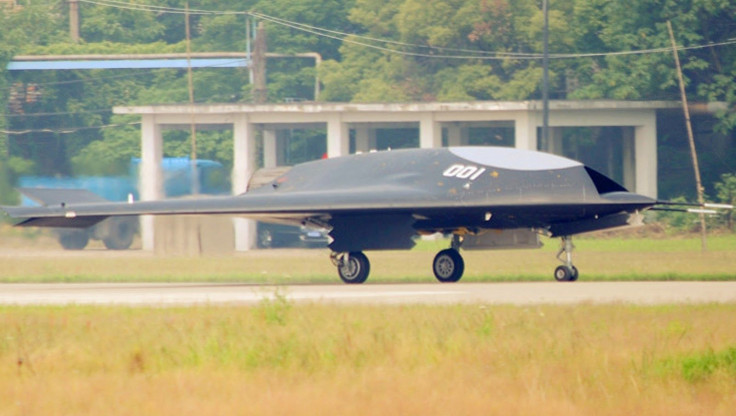The Rise Of China's Drone Fleet And Why It May Lead To Increased Tension In Asia

China has successfully flown its first stealth drone for around 20 minutes in Chengdu, again narrowing the gap between its aerial prowess and that of Western nations. The flight took place in November 2013, and while appearing to be a harmless test flight, the drone’s capability may carry a more alarming message than some might think.
China’s fleet of drones has become the most extensive fleet among the few countries that operate them and that has raised questions about stability in the region. Recently, U.S. ally Japan has become irate over Chinese drone flights over the disputed Senaku Island group, called Diaoyu in China, saying they will shoot down any drone that refuses to leave Japanese airspace. Then, to further complicate matters, there is the planned increase of American troops in the demarcation zone in South Korea expected this February.
It was reported in Vice magazine recently that China has copied nearly all of America’s drone fleet, although nothing has led officials to believe they stole any specific technology, despite cyberattacks on American aviation manufacturers.
Those attacks, which have been occurring for about six years according to government sources, were only discovered last year. It is believed that a Chinese espionage group has stolen hundreds of terabytes of information from over 141 companies across 20 major industries, including aerospace and defense, according to a report by Mandiant, an information-security company based in Virginia. Backing up this evidence is China’s Lijian stealth drone, which bares a very striking resemblance to the American-built Northrup Grumman Corporation (NYSE:NOC) X-47B . It has also been reported by various media that America’s F-35 joint strike fighter was delayed because of espionage fears.
Obama has called for a stop to cyberattacks on the U.S., but China has said that they were the work of rogue hackers.
Drones
China currently has over 900 different types of drones, ranging from micro, blimps, unmanned combat air vehicles, and rotary-wing UAV.
Here are three of the most common Chinese drones and the American drones they resemble:
Chengdu Xianglong is almost identical to the RQ-4 Global Hawk. While not possessing a global capability, it does cover the Asian and Pacific area sufficiently.

Chengdu Pterodactyl 1 is similar in appearance to the General Atomics-built Reaper and Predator drones. It is primarily for aerial reconnaissance and surveillance but can be fitted with air-to-surface weapons.

Sharp Sword looks just like the X-47B American Drone, but little is known about the Chinese version except that it will be used primarily for electronic surveillance and launching missiles.

© Copyright IBTimes 2024. All rights reserved.






















